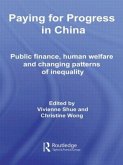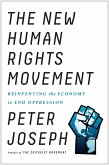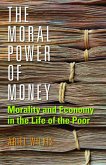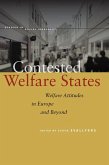Why are poor Americans so patriotic? They have significantly worse social benefits compared to other Western nations, and studies show that the American Dream of upward mobility is, for them, largely a myth. So why do these people love their country? Why have they not risen up to demand more from a system that is failing them? In Broke and Patriotic, Francesco Duina contends that the best way to answer these questions is to speak directly to America's most impoverished. Spending time in bus stations, laundromats, senior citizen centers, homeless shelters, public libraries, and fast food restaurants, Duina conducted over 60 revealing interviews in which his subjects explain how they view themselves and their country. He masterfully weaves their words into three narratives. First, America's poor still see their country as the "last hope" for themselves and the world: America offers its people a sense of dignity, closeness to God, and answers to most of humanity's problems. Second, America is still the "land of milk and honey": a very rich and generous country where those who work hard can succeed. Third, America is the freest country on earth where self-determination is still possible. This book offers a stirring portrait of the people left behind by their country and left out of the national conversation. By giving them a voice, Duina sheds new light on a sector of American society that we are only beginning to recognize as a powerful force in shaping the country's future.
Bitte wählen Sie Ihr Anliegen aus.
Rechnungen
Retourenschein anfordern
Bestellstatus
Storno








